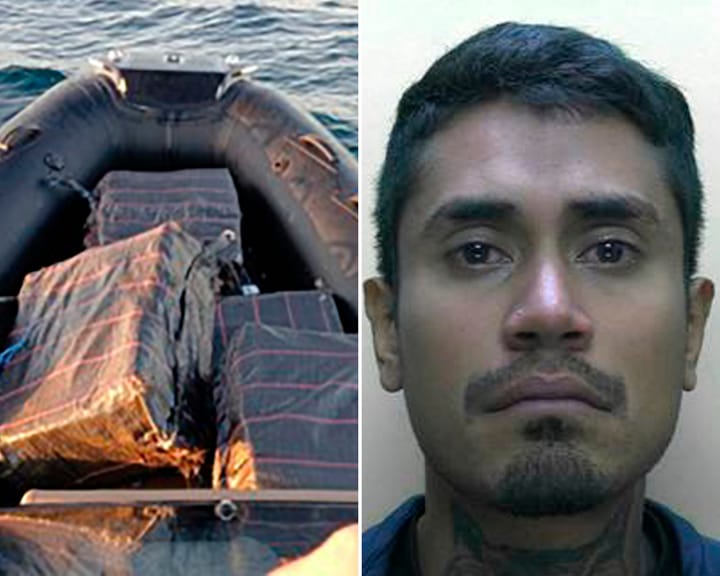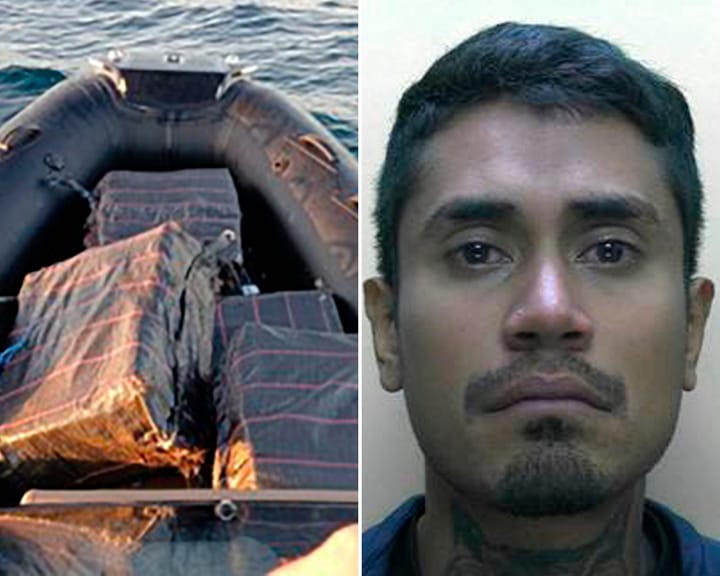Roberto Hernández Tello, 59, originally from Camagüey, Cuba, had hoped to reach the United States for a better future. But due to stricter immigration policies under the previous U.S. administration, he found himself in Curitiba, southern Brazil, thousands of miles from home.
Like him, many Cubans have recently arrived in Brazil, shifting migration trends. For the first time, the country is receiving more asylum applications from Cubans than Venezuelans.
"Cuba is my home, but life there has become too difficult," said Tello. His son lives in the U.S., but after changes to a key immigration program, Tello decided Brazil was his best option.
While Venezuela's political and economic turmoil has displaced millions globally, Brazil recorded nearly twice as many asylum requests from Cubans (19,419) as from Venezuelans (9,850) by mid-year.
Most Cubans enter through Guyana or Suriname, where visa requirements are less restrictive, before moving into northern Brazilian states. However, many eventually head farther south, particularly to Curitiba—a prosperous city with strong infrastructure, which now ranks high for Cuban asylum claims.
The growing Cuban and Venezuelan communities in Curitiba have even formed softball leagues, a rarity in a country where football dominates. Around 350 players compete across 16 teams in makeshift fields near the city.
Ernesto Alberto Keiser Limonta, 30, a catcher who arrived last year, chose Curitiba for its opportunities. "People told me it was a good place to live and work," he said. He now plays weekly in full gear, careful to avoid injuries that could affect his job.
Venezuelans dominate the leagues due to earlier migration waves, but the smaller Cuban contingent has formed its own team.
Angel Blanco, 44, a Venezuelan who helped start one of the leagues, noted a common saying among migrants: "Our north is the south"—a sentiment now echoed by newcomers from Cuba.
Last year, Brazil overtook the U.S. as the top destination for asylum seekers in the region, according to UN reports. The trend highlights the changing paths of those seeking stability far from home.
Read next

"Public asked to aid in catching drug gangs using 'mother ships' near UK shores"
Police Ask Coastal Residents to Aid in Combating Drug Smuggling
Authorities have called on residents of coastal areas in the UK to assist in disrupting criminal groups that are employing increasingly creative tactics to bring large amounts of cocaine into the country.
Officials have noted a rise in “at-sea drop-offs”

"Germany's historic largest gay nightclub files for bankruptcy"
Germany’s longest-running and largest LGBTQ+ dance venue has filed for bankruptcy after operating for nearly 50 years, succumbing to financial pressures and shifting trends in Berlin’s nightlife.
Internal challenges and the rise of dating apps contributed to SchwuZ’s difficulties over the past year. In May, the venue

High-speed sea pursuit results in £18m cocaine bust off Cornwall
To beachgoers and dog walkers on the Cornish coast, the scene likely resembled something from a crime drama. A high-speed ocean pursuit ended with two boats running aground, three men staggering into the dunes, arrests, and the seizure of cocaine worth millions.
For authorities, it marked the beginning of a

